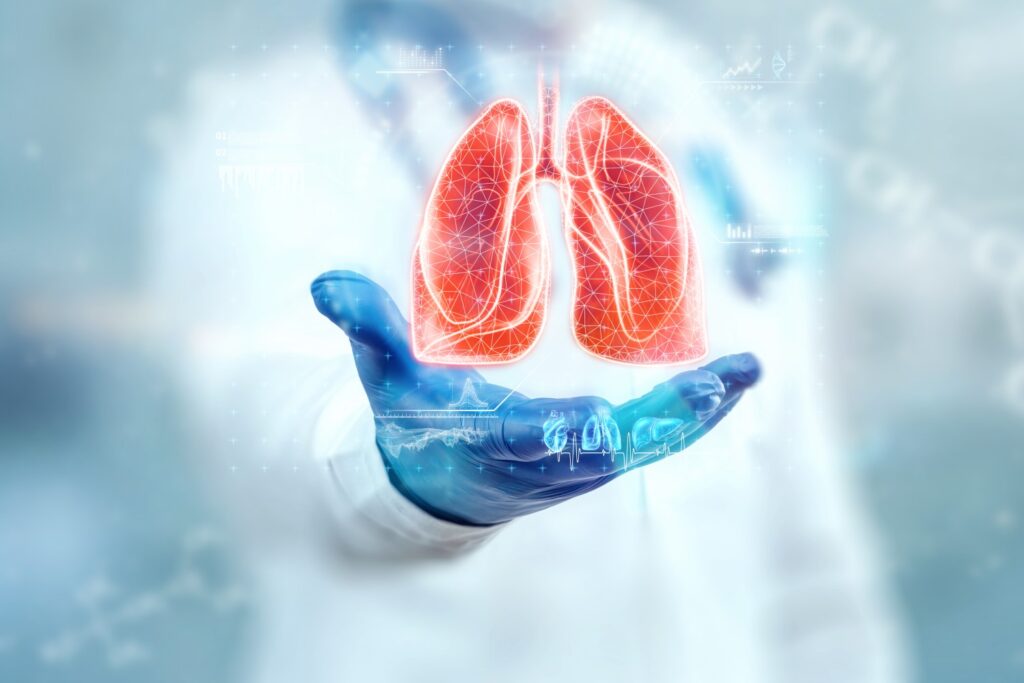Thoracic cancer, a formidable group of diseases affecting the lungs, esophagus, and chest, presents distinct challenges that warrant in-depth comprehension and proactive management. This article will delve into the diverse types of thoracic cancer, the prevalent symptoms associated with them, and the diagnostic techniques employed to facilitate early detection.
Understanding the Types of Thoracic Cancer: Within the realm of thoracic cancer, two prominent categories stand out: lung cancer and esophageal cancer. Lung cancer is further classified into non-small cell lung cancer (NSCLC) and small cell lung cancer (SCLC). On the other hand, esophageal cancer originates in the esophagus—a crucial passage connecting the mouth to the stomach.
Identifying Common Symptoms: The manifestation of thoracic cancer often encompasses a range of symptoms, including persistent cough, shortness of breath, chest pain, difficulty swallowing, unintended weight loss, and hoarseness. Recognizing and acknowledging these signs promptly can serve as a catalyst for seeking medical attention in a timely manner, which, in turn, enhances the possibility of early detection and improved treatment outcomes.
Diagnostic Methods for Thoracic Cancer:
- Imaging Procedures: Advanced imaging techniques such as X-rays, CT scans, MRI, and PET scans are pivotal in rendering detailed images of the thoracic region. These imaging methods play a critical role in identifying the presence of tumors and determining their extent.
- Biopsy: A cornerstone in the diagnostic process, a biopsy entails procuring tissue samples for microscopic examination. This procedure is instrumental in confirming the presence of cancer cells and discerning the specific cancer type.
- Endoscopy: Particularly relevant for cases of esophageal cancer, endoscopic procedures permit direct visualization of the area and enable the collection of tissue samples via a slender, flexible tube.
- Molecular Testing: Genetic analysis is becoming increasingly valuable, as molecular testing helps identify specific genetic mutations that influence treatment choices, enabling personalized approaches.
In conclusion, early detection is a cornerstone in the effective management of thoracic cancer. By familiarizing oneself with the symptoms, proactively undergoing regular screenings, and promptly seeking medical evaluation, individuals can significantly impact their journey toward diagnosis and treatment. With knowledge, vigilance, and proactive engagement, patients can collaborate with healthcare professionals to navigate the intricate landscape of thoracic cancer.

